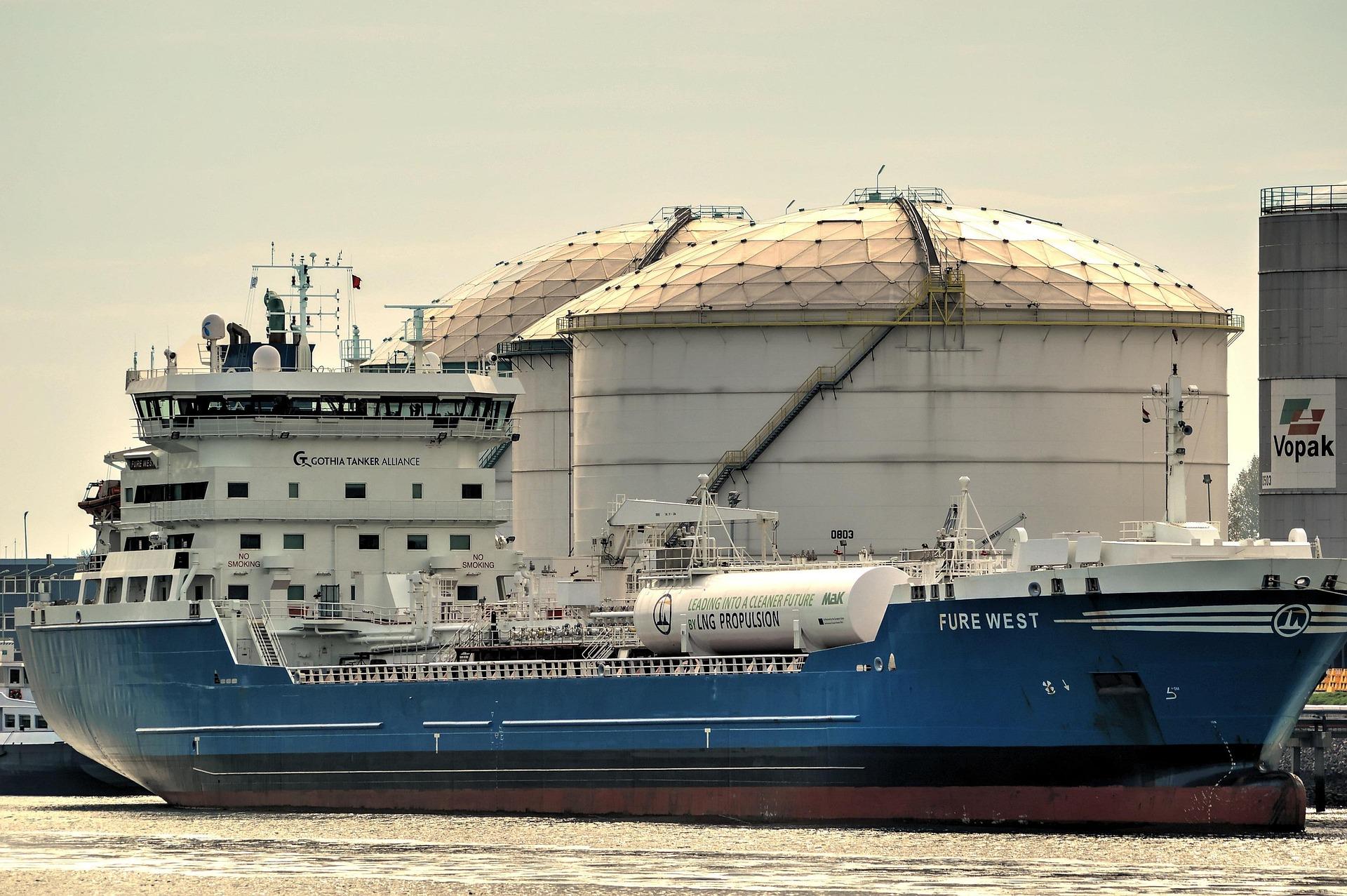
In recent years, India has steadily strengthened its strategic and economic relationship with Russia, a move that has drawn criticism and concern from Western powers. The latest flashpoint emerged when voices from within the United States proposed imposing a staggering 500% tariff on Indian imports. The rationale behind this drastic suggestion is rooted in India's continued engagement with Russia, particularly its substantial purchases of Russian crude oil despite Western sanctions.
However, these threats have done little to deter India from pursuing what it deems to be a pragmatic and sovereign energy strategy. In fact, May 2025 has marked a new milestone in India-Russia energy trade, with India recording its highest Russian crude oil imports in ten months.
According to shipping and tracking data from Kpler, India's imports of Russian crude rose sharply to 1.96 million barrels per day (bpd) in May. This surge is largely attributed to the steep discounts Russia continues to offer in comparison to global benchmark oil prices. These cost advantages make Russian crude an attractive option for India, which is the world’s third-largest importer and consumer of oil.
India imports approximately 5.1 million barrels of crude oil daily, which is then refined into essential fuels like petrol and diesel. Of this total, over 38% now comes from Russia, a dramatic rise from the single-digit share Russia held just a couple of years ago. Iraq remains India's second-largest oil supplier, providing 1.2 million bpd, followed by Saudi Arabia with 615,000 bpd. The United Arab Emirates supplies 490,000 bpd, while the United States trails behind with just 280,000 bpd.
This trend underscores India's commitment to diversifying its energy imports based on price sensitivity and strategic autonomy. The geopolitical tensions and trade threats have not deterred India’s approach. Instead, India has doubled down on securing affordable and reliable energy sources, prioritizing economic needs over diplomatic pressures.
India’s oil import data from May clearly reflects its adaptive sourcing strategy and resilience in the face of Western warnings. While Washington and Brussels may voice displeasure, New Delhi continues to act in its national interest—ensuring energy security and cost-effective sourcing for its growing economy.
Disclaimer:
This article is for informational purposes only and is based on publicly available data and news reports. It does not constitute financial, investment, or political advice. Readers are advised to conduct their own research and consult with experts before making any decisions based on the information provided.




